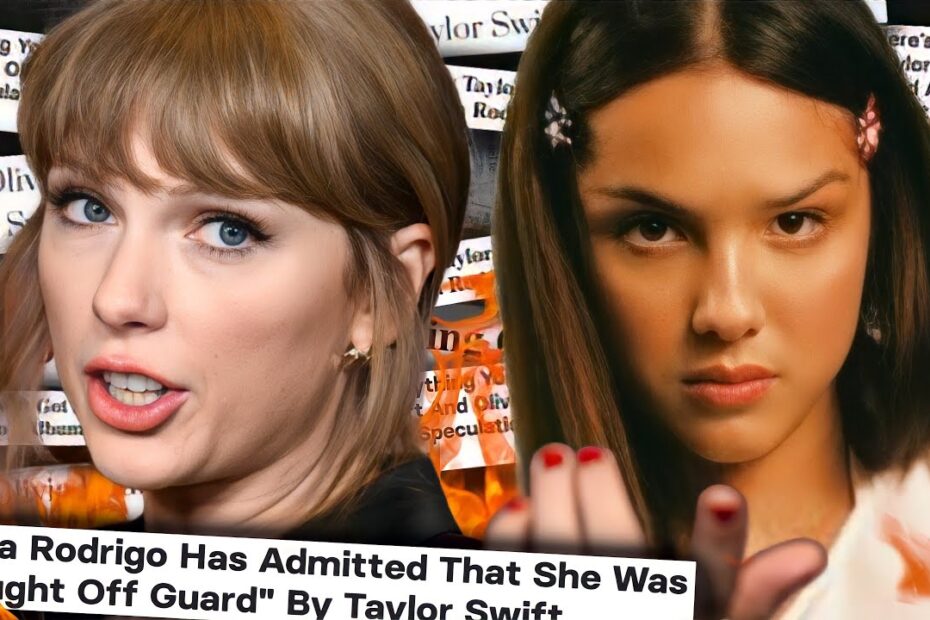Taylor sued Olivia: the full background of the legal action between the artists
In 2021, Taylor Swift, through her legal team, initiated a dispute over alleged similarities between Olivia Rodrigo’s hit song “deja vu” and Swift’s 2019 track “Cruel Summer.” The contention centered on the song’s bridge, which Swift’s team argued bore striking melodic and structural resemblances to “Cruel Summer.” As a result, Rodrigo’s team agreed to retroactively grant Swift and her co-writers, Jack Antonoff and St. Vincent (Annie Clark), songwriting credits on “deja vu,” entitling them to a share of the royalties. This move followed a similar resolution regarding Rodrigo’s breakout single “drivers license,” which was found to echo Swift’s “New Year’s Day,” leading to Swift also receiving credits on that track.
The dispute highlighted the complexities of intellectual property in the music industry, particularly in cases of alleged interpolation or inspiration. Rodrigo, who has publicly cited Swift as a major influence, did not contest the claims, and the matter was resolved without formal litigation. The incident sparked widespread discussion about the fine line between homage and infringement in creative works. Both artists maintained a professional demeanor, with Swift later expressing support for Rodrigo’s career during public appearances. The resolution underscored the industry’s increasing scrutiny over songwriting credits and the financial implications of such disputes.
Key Questions and Answers on the Taylor Swift vs. Olivia Rodrigo Legal Dispute
- What specific songs were involved in the dispute? The dispute centered on Olivia Rodrigo’s “deja vu” and Taylor Swift’s “Cruel Summer,” with similarities noted in the song’s bridge.
- How was the dispute resolved? Olivia Rodrigo’s team granted Taylor Swift and her co-writers songwriting credits on “deja vu,” ensuring they received a share of the royalties.
- Did the dispute escalate to a formal lawsuit? No, the matter was resolved amicably without formal litigation, with both parties maintaining a professional relationship.
